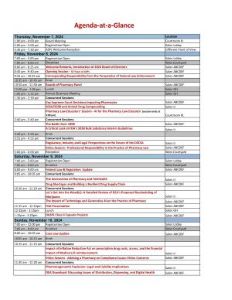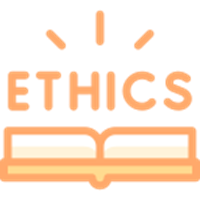Back
Professional Responsibility in the Practice of Pharmacy Law
Friday, November 8, 2024
3:55 PM – 4:55 PM MT
Location: Salon ABCDEF
CE: 1

Robert R. Harrison, MHA, JD, LLM, DBE, FACHE, FAALM
Partner
Stilling & Harrison, PLLC
University of Utah S. J. Quinney College of Law
Salt Lake City, UT, United States
Primary Presenter(s)
This session will focus on four of the ABA Model Rules of Professional Conduct with specific application in the practice of pharmacy law: Rules 1.1 (Competence), 1.6 (Confidentiality of Information), 1.13 (Organization as a Client), and 4.3 (Dealing with Unrepresented Persons).
While selected state examples will be included, the ABA Model Rules and associated annotations will serve as the standard for discussion. Seasoned practitioners will challenge and expand their understanding of the Rules, and earlier-career practitioners will develop a better appreciation for the special ethical implications of pharmacy law practice.
While selected state examples will be included, the ABA Model Rules and associated annotations will serve as the standard for discussion. Seasoned practitioners will challenge and expand their understanding of the Rules, and earlier-career practitioners will develop a better appreciation for the special ethical implications of pharmacy law practice.
Learning Objectives:
- Analyze the requirements of Model Rule 1.1, Competence, for the acceptance and assignment of pharmacy client work within a firm and in solo practice settings.
- Assess the implications of Model Rule 1.13, Organization as Client, for representing pharmacy owners where there may be issues related to the PIC, technicians or other employees.
- Integrate the requirements of Rule 1.6, Confidentiality of Information, into law firm policies governing the receipt and storage of protected health information for pharmacy clients.
- Employ Model Rule 4.3, Dealing With Unrepresented Persons, in clarifying the role of counsel for the pharmacy or a corporate parent where the conduct of unrepresented employees may be implicated.


